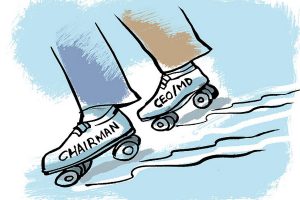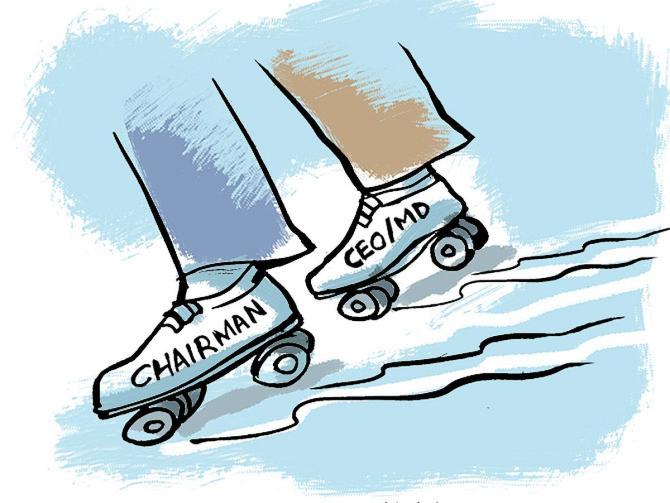India Inc against investing in new parliament building and bullet train

A majority of the CEOs are expecting the economy to show growth in the next financial year on the back of rising consumer spending and a sharp turnaround in rural India.
Investing in a new Parliament building and the bullet train was avoidable, the CEO said.
With a tumultuous year behind them, chief executive officers (CEOs) in India are eyeing the 2021 Budget to help kick-start the next wave of the investment cycle, which was hit by the pandemic.
Backed by several steps taken by the government and the Reserve Bank of India (RBI) including the debt moratorium scheme, the CEOs are expecting the economy to show growth next fiscal year if India succeeds in its vaccination drive.
A survey of 33 CEOs across India in December shows that almost 73 per cent of the respondents plan to invest more in the new year even because they expect their employees to return to work as the country rolls out vaccination in January.
The Budget will be the key as CEOs are expecting the government to dole out more incentives.
“The government was prompt in listening to industry after the outbreak of the pandemic, and its multi-billion-dollar economic package will be helpful in long-term demand revival,” said the CEO of a consumer products company.
Another CEO said the government tried its best on every front to counter the crisis.
However, investing in a new Parliament building and the bullet train was avoidable, the CEO said.
When asked about the lessons from the crisis, the CEOs said the “black swan” events could happen anytime and hence companies must remain prepared.
“We have to look after our employees because they will manage the business during difficult times,” said a CEO.
The survey showed almost 40 per cent of the respondents cut staff costs in 2020 but the silver lining is that 80 per cent of the respondents were planning to hire in the new year.
Despite the pandemic, the average capacity of companies was 87 per cent, showing their fast turnaround.
A majority of the CEOs are expecting the economy to show growth in the next financial year on the back of rising consumer spending and a sharp turnaround in rural India.
About 79 per cent of the CEOs said rural India would be the main factor in economic growth as evident from rising sales of tractors and automobiles.
“Rural India has been resilient through the worst of this crisis, registering growth even as the rest of the economy suffered,” said a CEO.
When asked whether they expected the RBI to cut interest rates further in 2021, 58 per cent said they did not do so.
The RBI had cut interest rates several times to a nine-year low since the onset of the pandemic but decided to keep its repo rate unchanged in the December policy to 4 per cent owing to inflation fears.
“We have low borrowing rates and low personal taxes,” said another CEO. “However, banks pass on the low rates,” he added.
Apart from inflation as a major risk, the CEOs said the rollout of vaccination would be the key in economic revival.
The unabated performance of the stock markets will continue next year, they said.
The Sensex closed the year at 47,751.33.
On the performance of the Indian currency, 58 per cent said the rupee would trade below Rs 76 to the dollar by the end of December 2021.
When asked about Atmanirbhar Bharat (self-reliance) schemes, 85 per cent said it was a step in the right direction and would go a long way to help Indian companies.
“It was an appropriate move. For the power sector, this package helped in alleviating the stress of distribution companies,” said the CEO of an electricity generation firm.
Another CEO said Atmanirbhar was a good idea which needed to be developed further and there should be a minister of Cabinet rank to make it happen.
Source: Read Full Article

